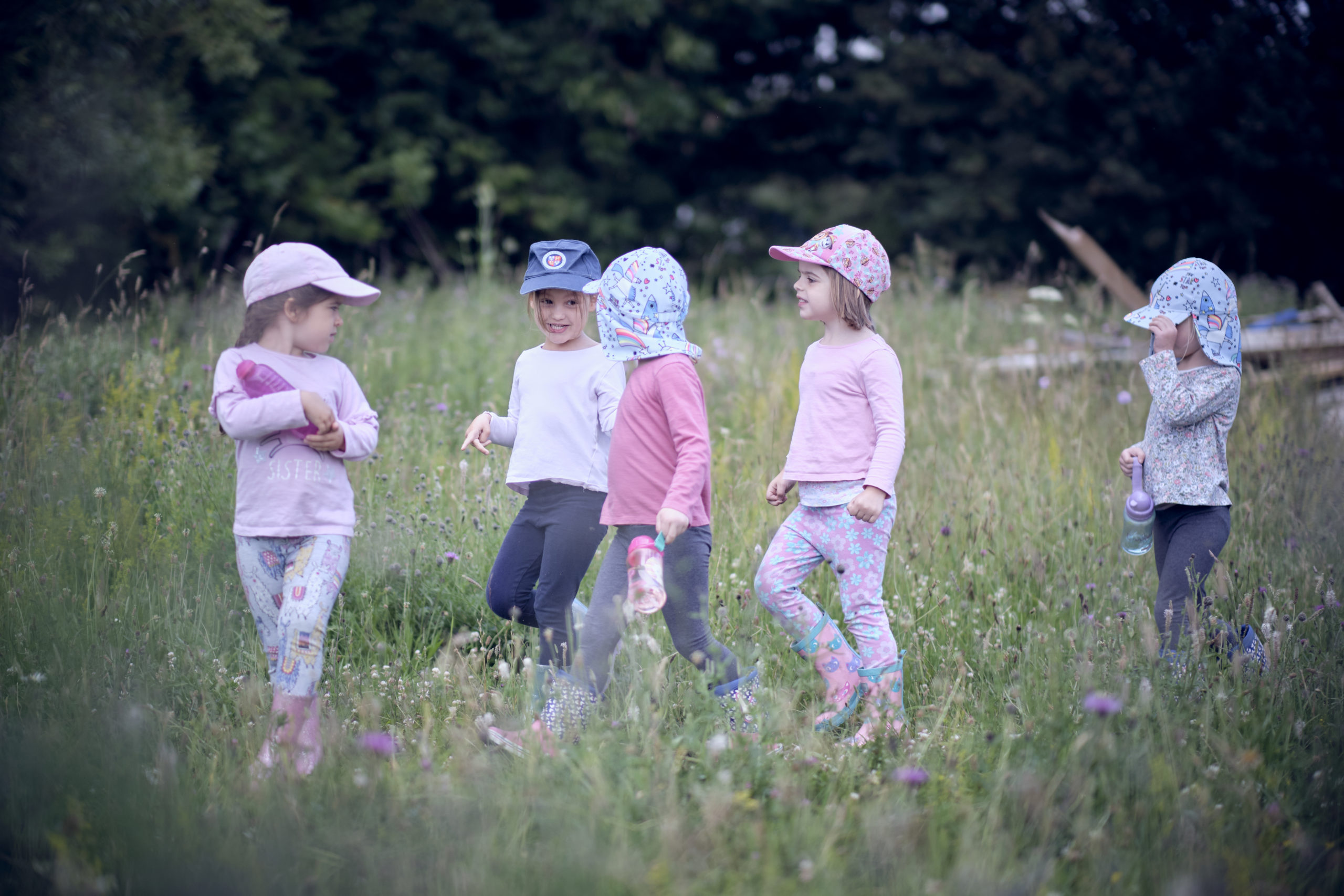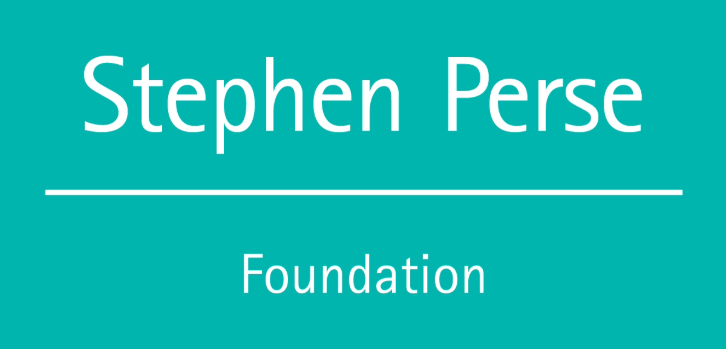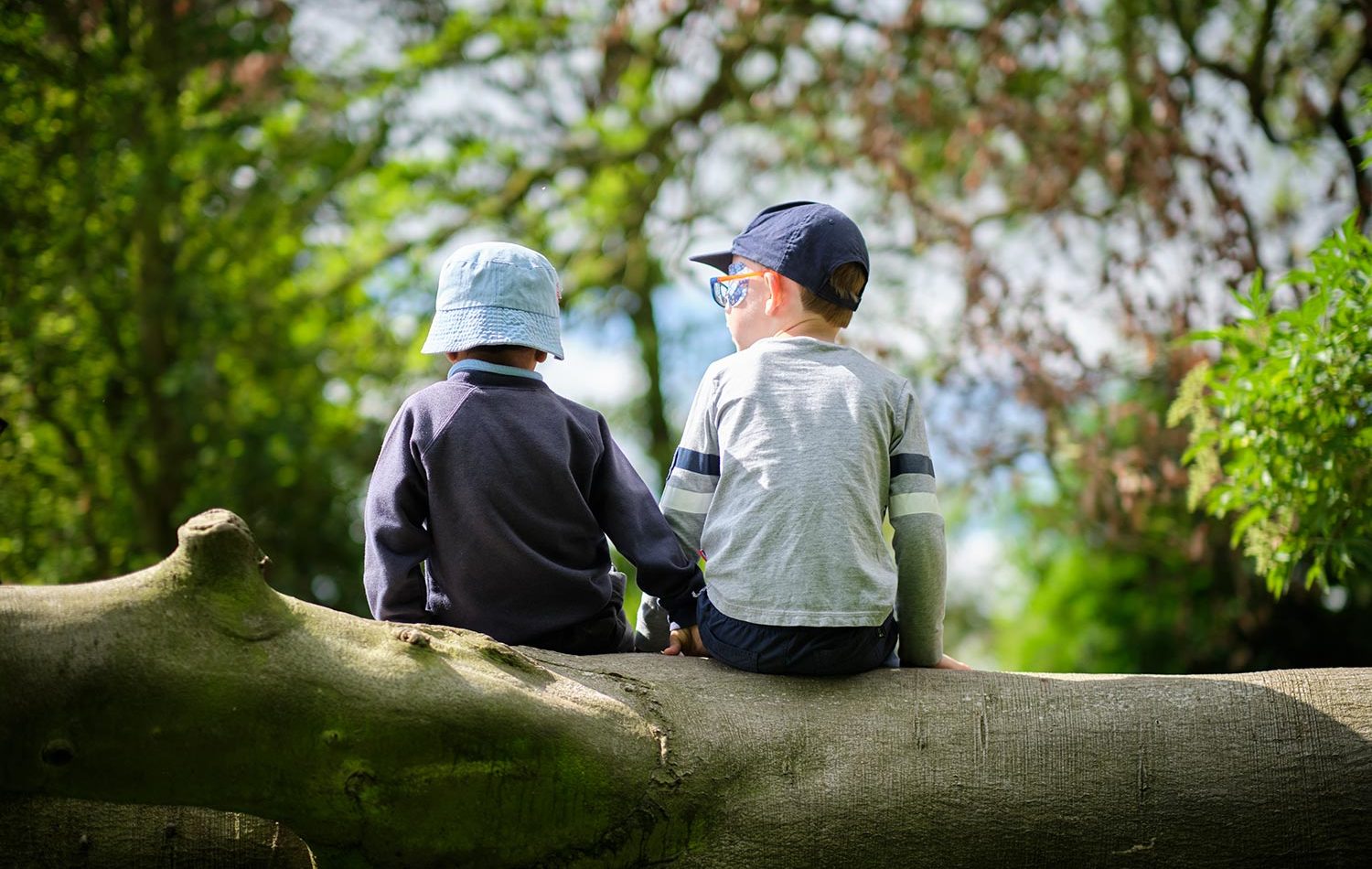The promotion of equality, diversity and British values is at the heart of our everyday provision
The fundamental British values of democracy, rule of law, individual liberty, mutual respect and tolerance for those with different faiths and beliefs are implicitly embedded in the Early Years Foundation Stage and actively promoted in daily routines in our Stephen Perse nurseries and Early Years experiences.
How are they part of our everyday life?
Democracy
We let children know their views count and encourage everyone to value each other’s opinions and values. We demonstrate democracy in action by:
- Letting children share their views on what activity should come next with a show of hands.
- Deciding together what song they would like to sing.
- Asking for hands up to decide about planning ideas, displays and role play areas.
- Voting on which story to read to class.
- Discussing why everyone can’t always have their own way.
We provide activities that involve turn-taking, sharing and collaboration by:
- Encouraging turn taking, sharing and collaboration
- adults modelling positive behaviour and interactions
- Supporting children to set up rules and boundaries and agreeing a ‘way to play’
- promoting the importance of listening to opinions and sharing ideas whether to produce a piece of art, sculpture, drawing, model or to achieve an outcome in a game.
We give children opportunities to develop enquiring minds by creating an atmosphere where all questions are valued by:
- encouraging every child to participate in group discussions and circle times
- listening to the contribution of others
- ensuring no question goes unanswered
Rule of law
We ensure that children understand their own and others’ behaviour and its consequences, helping them to distinguish right from wrong by:
- explaining to children how something they have done might have made another child feel, instead of just asking them to say a ‘meaningless’ sorry
- encouraging children to ask how they can make someone feel better
- understanding that rules matter
- having clearly defined boundaries and consequences for children
- encouraging them to negotiate and solve problems
We work with children to create the rules and the codes of behaviour by:
- agreeing the rules about tidying up
- Ensuring that children understand that rules apply to everyone
- working together to establish the class rules of kind hands, kind words, kind feet
- working together to create visual representations of this message
- encouraging children to take steps to resolve their own conflicts

Individual liberty
We provide opportunities for children to develop their self-knowledge, self-esteem and increase their confidence in their own abilities by:
- allowing children to take risks when playing on equipment outdoors
- talking about their experiences and learning
- having our wheel of learning and the child at the center of all planning
- supporting children to become confident and independent learners
- allowing children to take risks to build confidence
We encourage a range of experiences that allow children to explore the language of feelings and responsibility, reflect on their differences and understand everyone is free to have different opinions by:
- exploring their own interests through child led play
- understanding ‘schemas’
- encouraging children to have favourite things and explore these such as reading their favourite books, gathering leaves and sticks that are of interest when outdoors
- mixing their own colours and exploring the results
- modelling feelings and explaining them through play e.g. “how is the little pig feeling today?” to encourage children to think about the thoughts and feelings of others
- encouraging children to voice their opinions and listen to the opinions of others
Mutual respect and tolerance
We encourage and explain to children about the importance of tolerant behaviours by:
- sharing and respecting each other’s opinions
- encouraging children to treat others as they want to be treated
We promote diverse attitudes and challenge stereotypes by:
- sharing stories that reflect and value the diversity of children’s experiences
We provide resources and activities that challenge gender, cultural and racial stereotyping:
- for example, books, dressing up, role play resources, collaborative celebrations days
We strive to create an ethos of inclusivity and tolerance where views, faiths, cultures and races are valued and we encourage children to acquire a tolerance, appreciation and respect for their own and other cultures by:
- discussing with children the similarities and differences between themselves and others; and among families, faiths, communities, cultures and traditions,
- having our family tree boards that allow the children to see different families and encouraging the children to talk about their own
We share and discuss practices, celebrations and experiences by:
- celebrating a calendar of cultural events which enrich everyday activities and provisions
- reading stories about children who have a range of experiences

